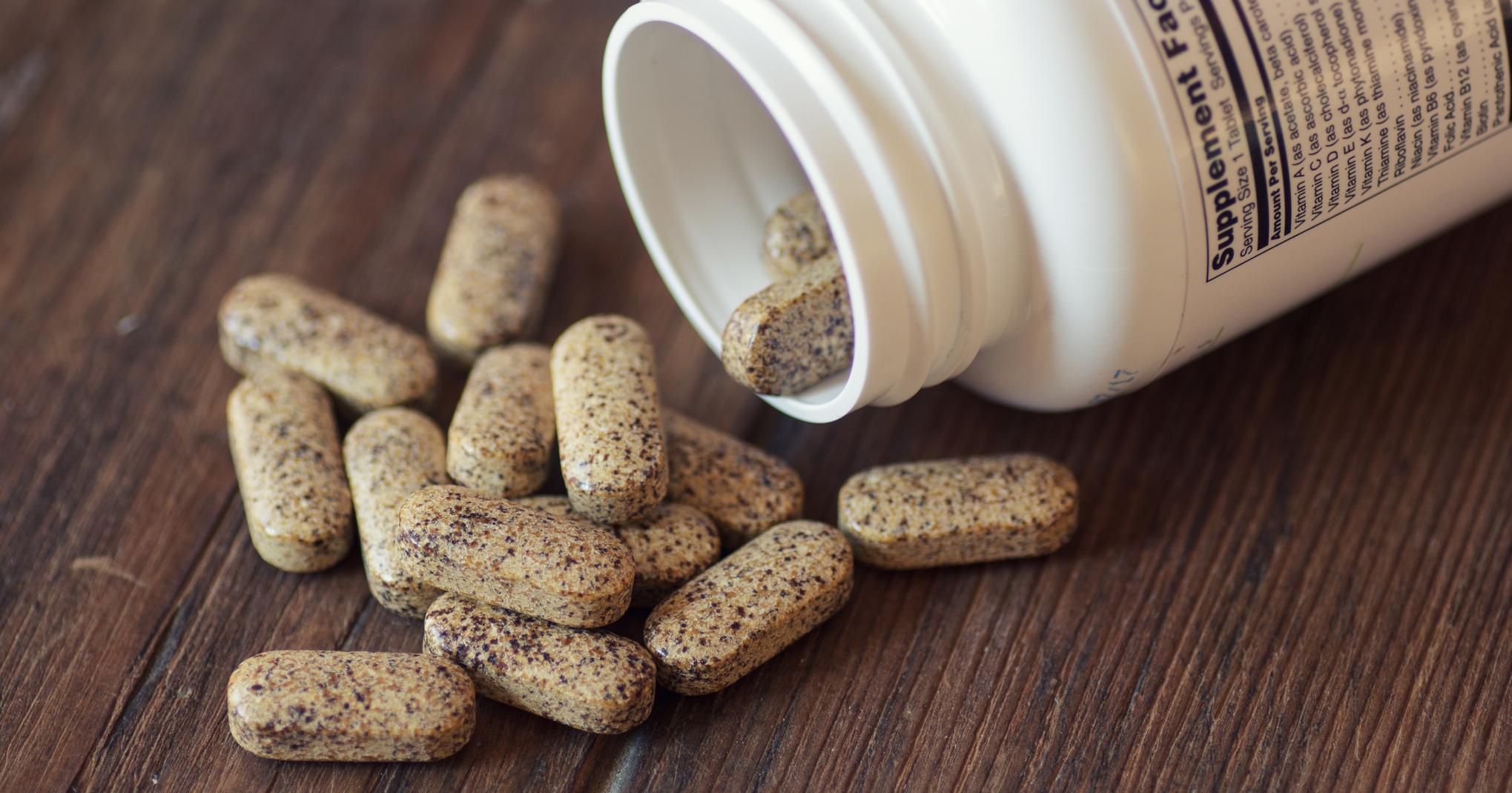The Best Vitamins For Your Skin
There is no shortage of remedies and products out there that aim to improve skin health and reduce the signs of aging from creams to ointments and serums. But many individuals may forget about the most effective skin health boosters out there: vitamins. Specifically, there are many vitamins that play a crucial role in supporting and improving overall skin health. Many of these vitamins can be found naturally in the foods we eat, though they also come in oral supplements and topical products. Each of these essential vitamins plays its own role in skin health. Reveal the best vitamins for skin health and what they do for it now.
Vitamin K For Wound Healing

Getting injured, particularly with cuts and scrapes, is inevitable. The goal, once a wound has occurred, is to heal it as well and as quickly as possible. This is where vitamin K comes in, as it is an essential vitamin for promoting healthy wound healing. Vitamin K comes from the German word 'koagulation' as it helps produce four of the thirteen proteins needed for blood clotting, which plays a significant role in wounds and wound healing. It can be stored in the body for long periods. Some foods that contain vitamin K are greens such as lettuce, broccoli, cabbage, and spinach, as well as eggs, fish, and other meats. Kale is an excellent source of vitamin K as it contains almost five hundred percent of the recommended daily allowance, which is typically between seventy to ninety micrograms for adults. Of course, wound healing isn't the only health benefit of vitamin K. This vitamin also appears to protect from Alzheimer's disease, heart disease, and prostate cancer, among others.
Learn more about the best vitamins for skin health now.
The Sunshine Vitamin: Vitamin D

Vitamin D plays an essential part in skin cell development and repair as well as assisting the skin's immune system by destroying free radicals that cause premature aging. Vitamin D is a very unique and interesting vitamin, as the body naturally produces it when it is exposed to sunlight. Vitamin D receptors are also directly involved in cell differentiation and immune function. Specifically, topical vitamin D lotion helps keep soft, healthy, and young looking skin. Some factors that could limit the amount of vitamin D an individual's body can synthesize include age, skin color, geographic location, seasonal fluctuations, and the use of sunscreen. Aside from benefiting the skin, vitamin D also reduces depression symptoms, promotes weight loss, and decreases the risk of diseases such as multiple sclerosis and heart disease.
Get to know more about the best vitamins for the skin now.
